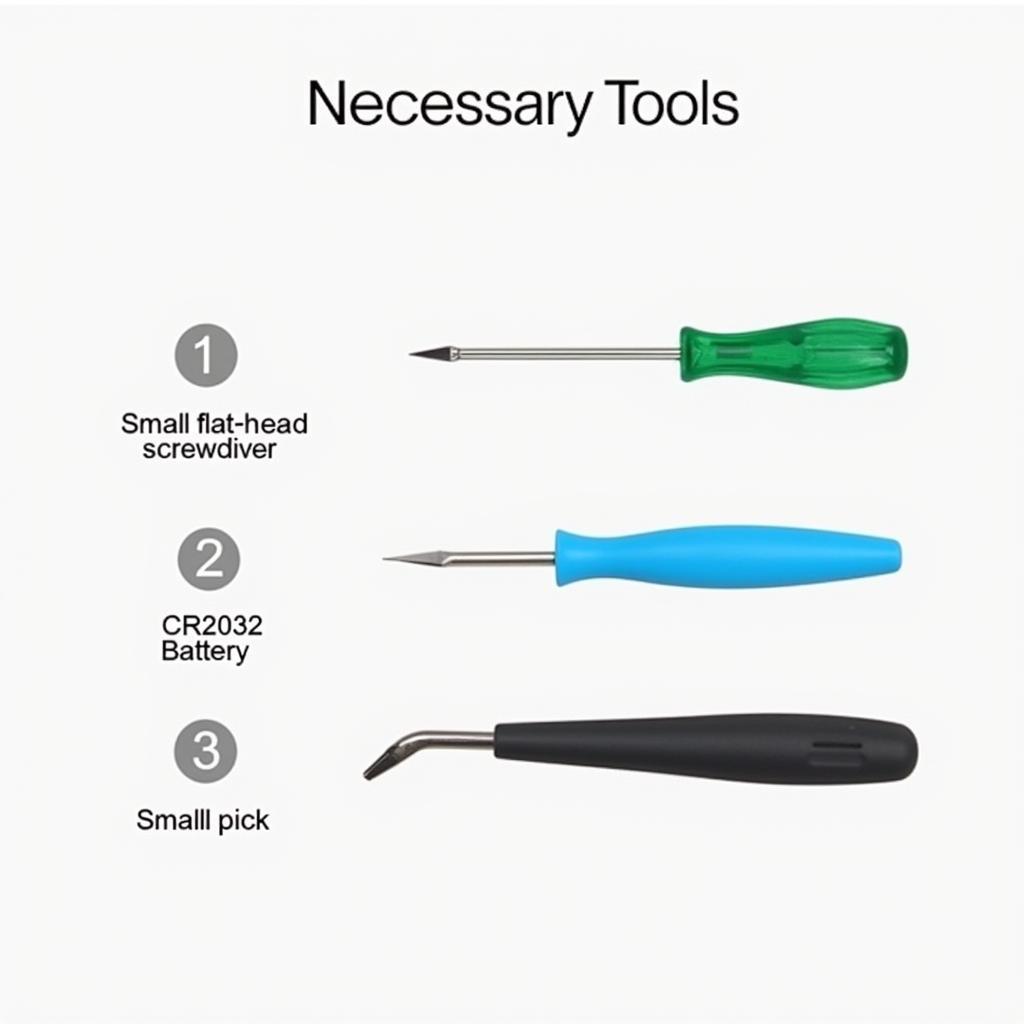Seeing the brake fluid warning light illuminated on your Mercedes dashboard can be unsettling. This light typically signals a problem within your car’s braking system, which is critical for your safety. While it’s natural to feel concerned, understanding the possible causes and knowing how to address them can save you time, money, and potential danger on the road.
This comprehensive guide will delve into the common reasons behind a brake fluid warning light on a Mercedes, outline steps for diagnosis, and discuss potential solutions. Remember, while this guide provides valuable information, it’s crucial to consult with a qualified mechanic for a thorough inspection and professional repair.
Understanding Your Mercedes Brake System and Warning Lights
Your Mercedes’ braking system relies on hydraulic pressure to function correctly. This pressure, generated when you press the brake pedal, transmits force to the brake pads, bringing your vehicle to a stop. The brake fluid is the lifeblood of this system, responsible for transferring this pressure.
The brake fluid warning light serves as your car’s early warning system. When illuminated, it often indicates a drop in brake fluid level, potentially leading to reduced braking efficiency and increased stopping distance.
Common Causes of a Brake Fluid Warning Light on a Mercedes
Several factors can contribute to a glowing brake fluid warning light:
-
Worn Brake Pads: This is the most frequent culprit. As your brake pads wear down over time, the brake calipers need more fluid to engage the pads with the rotors. This fluid level drop triggers the warning light.
-
Brake Fluid Leak: A leak in the brake lines, hoses, or cylinders can cause a significant loss of brake fluid, compromising braking performance and illuminating the warning light.
-
Worn Brake Master Cylinder: The master cylinder is the heart of your braking system. If the seals within the master cylinder wear out, brake fluid can leak internally, causing a drop in fluid level and triggering the warning light.
-
Faulty Brake Fluid Level Sensor: Though less common, a malfunctioning sensor might incorrectly indicate low brake fluid level, even if there’s no actual problem.
Diagnosing the Issue: What to Do When the Light Comes On
If your Mercedes’ brake fluid warning light illuminates, it’s crucial to address the issue promptly:
-
Check Your Brake Fluid Level: Safely park your vehicle on a level surface and allow the engine to cool. Open the hood and locate the brake fluid reservoir (refer to your owner’s manual if unsure). The reservoir is usually translucent, allowing you to visually inspect the fluid level. Ensure the level falls between the minimum and maximum markings.
-
Inspect for Leaks: Carefully examine the area around the master cylinder, brake lines, and hoses for any signs of fluid leaks. Look for wet spots, drips, or puddles of brake fluid. Brake fluid is typically clear to amber in color and has a slightly oily texture.
-
Avoid Driving: If you notice a low fluid level or suspect a leak, avoid driving your Mercedes. Driving with low brake fluid can significantly compromise your ability to stop safely. Instead, contact a qualified mechanic or towing service to transport your vehicle for inspection and repair.
Addressing the Problem: Seeking Professional Help
While checking the brake fluid level might seem straightforward, diagnosing the root cause and conducting repairs on your Mercedes’ braking system requires specialized knowledge and tools. It’s always best to rely on the expertise of a qualified mechanic, especially when dealing with a safety-critical system like your brakes.
mercedes-sprinter-brake-warning-light can be particularly tricky to diagnose.
Preventive Measures: Keeping Your Brake System Healthy
Just like any other system in your car, regular maintenance can prevent many brake-related problems:
-
Regular Brake Fluid Flushes: Mercedes recommends flushing your brake fluid every 2 years or as specified in your owner’s manual. Fresh brake fluid maintains optimal hydraulic pressure and prevents internal corrosion within the system.
-
Timely Brake Pad Replacement: Adhering to the recommended brake pad replacement schedule prevents caliper damage and ensures consistent braking performance. If you hear squeaking or grinding noises when applying the brakes, it’s a telltale sign your pads need attention.
remove-mercedes-brake-warning-messages if you’re experiencing other brake-related warning messages on your dashboard.
- Visual Inspections: During regular maintenance checks or oil changes, ask your mechanic to inspect your brake lines, hoses, and the master cylinder for any signs of wear, damage, or leaks.
By proactively addressing potential issues, you can enjoy peace of mind knowing that your Mercedes will stop safely and reliably when it matters most.
Conclusion
A glowing brake fluid warning light on your Mercedes dashboard should never be ignored. While it might seem like a minor inconvenience, it often signals a potentially serious issue with your braking system. By understanding the common causes, taking appropriate immediate action, and seeking professional help, you can ensure your safety and the longevity of your Mercedes. Remember, a small investment in preventive maintenance and timely repairs can save you from costly headaches and keep you safe on the road.

